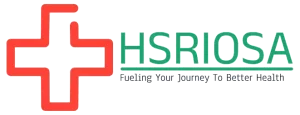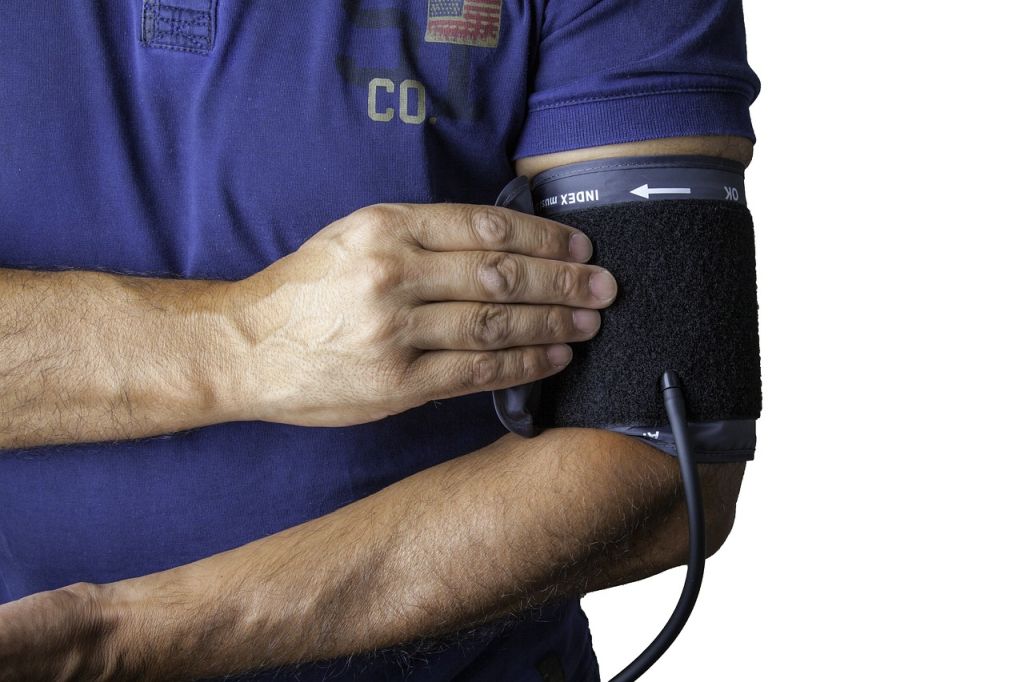Cardiovascular health is a cornerstone of overall well-being, as the heart is one of the most vital organs in the body. Maintaining a healthy heart is crucial for preventing cardiovascular diseases (CVDs), which are the leading cause of death globally. This blog post will provide insights into how diet, exercise, and medical interventions can contribute to maintaining a healthy heart and preventing cardiovascular diseases.
The Importance of Cardiovascular Health
Cardiovascular diseases encompass a range of conditions that affect the heart and blood vessels, including coronary artery disease, heart attacks, stroke, and hypertension. The primary risk factors for these diseases include unhealthy diet, physical inactivity, tobacco use, and excessive alcohol consumption. Other factors such as genetics, age, and stress also play significant roles. Addressing these risk factors through lifestyle changes and medical interventions can significantly reduce the risk of developing CVDs.
Diet and Cardiovascular Health
A healthy diet is one of the most effective ways to maintain cardiovascular health. Here are some key dietary components and practices that promote a healthy heart:
- Fruits and Vegetables: These are rich in vitamins, minerals, and antioxidants that help protect the heart. Aim for at least five servings of fruits and vegetables daily to reduce the risk of heart disease.
- Whole Grains: Whole grains like oats, brown rice, and whole wheat are high in fiber, which helps lower cholesterol levels and improve heart health. Replace refined grains with whole grains to reap these benefits.
- Healthy Fats: Not all fats are bad for your heart. Unsaturated fats found in olive oil, avocados, and nuts can help reduce bad cholesterol levels. Omega-3 fatty acids, found in fatty fish like salmon and flaxseeds, are particularly beneficial for heart health.
- Lean Proteins: Opt for lean protein sources such as chicken, turkey, beans, and legumes. Reducing the intake of red and processed meats can help lower the risk of heart disease.
- Low Sodium Intake: High sodium intake is linked to hypertension, a major risk factor for heart disease. Aim to consume less than 2,300 milligrams of sodium per day, and ideally, limit it to 1,500 milligrams for optimal heart health.
- Limit Added Sugars and Processed Foods: Excessive sugar intake and consumption of processed foods can lead to obesity and increased risk of heart disease. Focus on whole, unprocessed foods to maintain a healthy heart.

Exercise and Cardiovascular Health
Regular physical activity is essential for maintaining cardiovascular health. Exercise helps improve heart function, reduce blood pressure, and manage weight. Here are some exercise recommendations for a healthy heart:
- Aerobic Exercise: Activities such as walking, jogging, swimming, and cycling are excellent for cardiovascular health. Aim for at least 150 minutes of moderate-intensity or 75 minutes of vigorous-intensity aerobic exercise per week.
- Strength Training: Incorporating strength training exercises at least two days a week can help improve muscle strength, which in turn supports overall cardiovascular health.
- Flexibility and Balance Exercises: Activities like yoga and tai chi can enhance flexibility and balance, reduce stress, and improve overall heart health.
- Active Lifestyle: Beyond structured exercise, staying active throughout the day is crucial. Take the stairs instead of the elevator, walk or cycle for short trips, and engage in hobbies that require physical activity.
Medical Interventions for Cardiovascular Health
In addition to lifestyle changes, medical interventions play a critical role in preventing and managing cardiovascular diseases. Here are some common medical strategies:
- Regular Health Screenings: Regular check-ups with your healthcare provider can help detect risk factors like high blood pressure, high cholesterol, and diabetes early on. Early detection allows for timely intervention and management.
- Medications: In some cases, lifestyle changes alone may not be enough to control risk factors. Medications such as antihypertensives, statins, and antiplatelet agents may be prescribed to manage conditions like hypertension, high cholesterol, and to prevent blood clots.
- Medical Procedures: For individuals with advanced cardiovascular disease, medical procedures such as angioplasty, stent placement, or coronary artery bypass surgery may be necessary to restore blood flow to the heart.
- Chronic Disease Management Programs: Enrolling in programs designed to manage chronic conditions like diabetes and hypertension can provide the support and education needed to maintain heart health.
Stress Management and Cardiovascular Health
Stress is a significant but often overlooked risk factor for cardiovascular disease. Chronic stress can lead to unhealthy behaviors such as poor diet, physical inactivity, and smoking, which in turn increase the risk of heart disease. Effective stress management techniques include:
- Mindfulness and Meditation: Practicing mindfulness and meditation can help reduce stress levels and improve overall mental health.
- Healthy Work-Life Balance: Ensuring a balance between work and personal life can prevent burnout and reduce stress.
- Social Support: Building a strong support network of family and friends can provide emotional support and help manage stress.
- Professional Help: Seeking help from a mental health professional can be beneficial for managing chronic stress and mental health conditions.
Conclusion
Maintaining cardiovascular health requires a multifaceted approach that includes a healthy diet, regular exercise, and appropriate medical interventions. By adopting heart-healthy habits and managing risk factors effectively, individuals can significantly reduce their risk of developing cardiovascular diseases and improve their overall quality of life. Remember, it’s never too late to start taking steps towards a healthier heart. Make small, sustainable changes today for a heart-healthy future.




